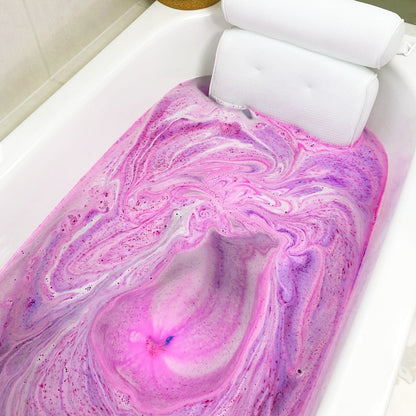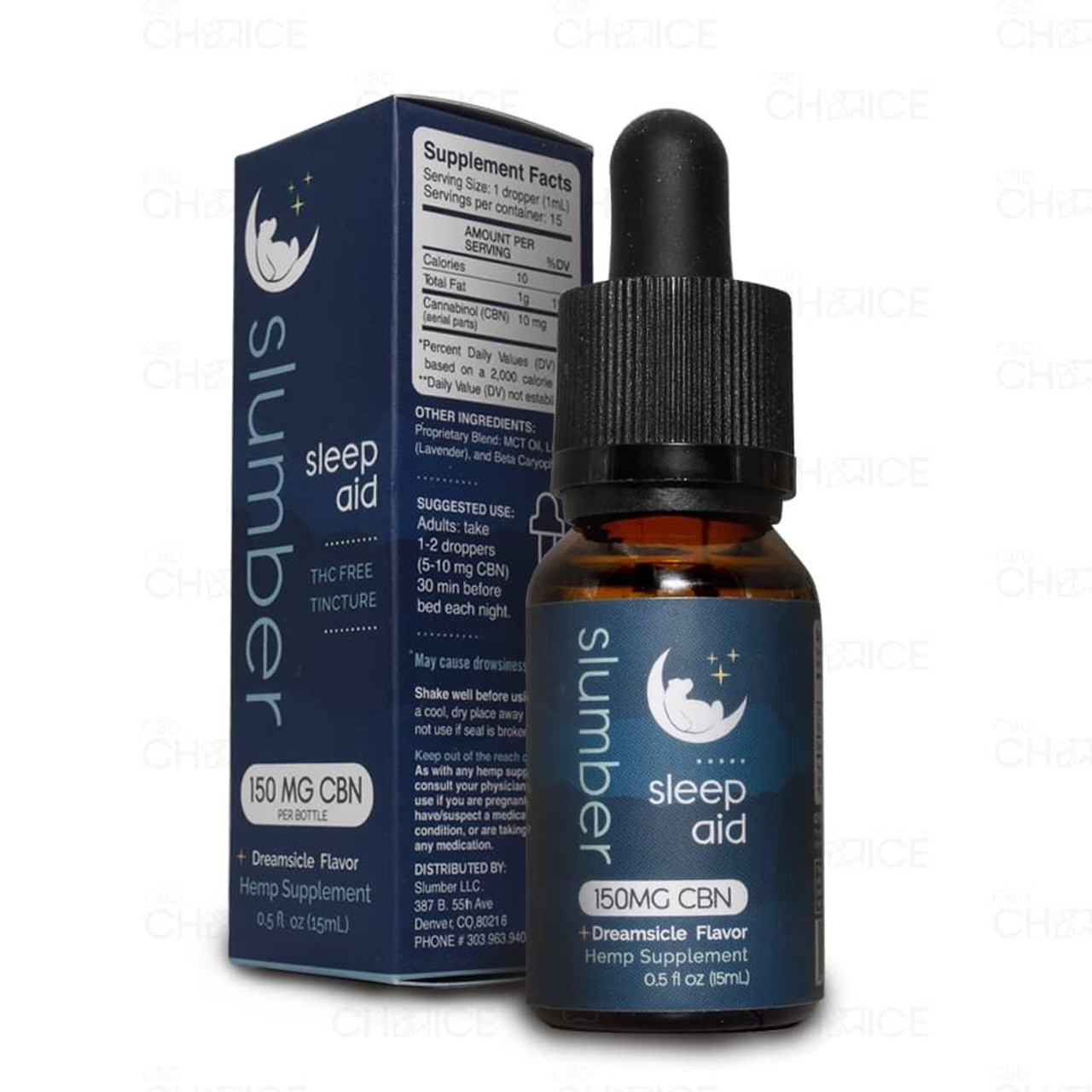
If you are thinking of trying marijuana edibles you might be wondering if they can cause addiction. Marijuana and cannabis can be highly addictive. Therefore, you should consult with a medical professional before consuming them.
Marijuana Edibles and Addiction
Start with small doses when you first start eating edibles. Also, eat non-infused snacks and beverages in between to keep track. To avoid physical dependence and addiction that can be dangerous, it's best to start with small doses. You should also consume non-infused snacks or beverages between edible doses.
The Effects Of Eating Edibles
Comparing cannabis edibles to smoking or vaping will show that the effects last longer. The THC in edibles is slowly released into your body over time. Your body will absorb all the effects of THC during this period.

You may experience different side effects depending on how much and what type of edible you consume. These side effects can include nausea and fatigue. These symptoms will usually go away over time, as your body begins to metabolize the THC in the edible.
A good rule of thumb is to not consume too many edibles simultaneously, as they can be more potent compared to their smoked counterparts. Overconsumption could lead to unwanted and dangerous effects like seizures or paranoia.
THC is highly addicting
You can become physically addicted to marijuana edibles if you consume large quantities. This can result in cravings for the substance which will cause you to increase dosage. You may also experience withdrawal symptoms when you stop using the substance.
If you or a loved one is currently struggling with marijuana abuse or addiction, it's important to seek treatment as soon as possible. American Addiction Centers Facilities offer help, and your health insurance might pay for all or some of it.

Delayed Onset Of Effects Unlike cigarettes, the effects of edible weed can take between 30 minutes and 2 hours to kick in. That is why they're more likely to cause overdose. This is because edibles require a period of time before the THC from the edibles can be fully digested in the stomach and intestines.
Because they haven't tried edibles, they may be more likely to experience these effects. Start out with a smaller amount, and then wait at least two-and-a half hours before trying more.
It's also a great idea to keep a safe place at home where you can consume your edibles safely, so that you don't accidentally ingest something else that could be harmful or toxic. Also, if you're going to be consuming cannabis edibles out of the house, make sure to have a back-up plan.
FAQ
Is CBD a viable option?
Yes. This isn't because of the medical benefits it offers, but because of how it makes people feel.
The fact that it doesn't make you feel any different when you use it makes it perfect for those who are looking for an alternative to prescription drugs.
As we have seen in studies, cannabis has been shown to be effective in treating pain, anxiety and depression.
Cannabinoids are also found in cannabis, which interact with brain receptors. This interaction produces feelings of relaxation and well-being.
If you are interested in cannabidiol oil (CBD) for your health, it is important to know what it is and how it affects you.
Can I use CBD during pregnancy?
There hasn't been enough research to determine if CBD can be used during pregnancy.
But based on the limited amount of information available, it appears unlikely that CBD would cause harm to the baby.
Pregnant women shouldn't take CBD unless they are advised by their doctor.
The Food and Drug Administration has issued a warning regarding potential risks of CBD use during pregnancy.
FDA stated that there was evidence that marijuana use during pregnancy might increase the risk for miscarriage.
The agency said that more research is needed to reach a firm conclusion.
Is there any evidence that CBD helps with anxiety?
CBD oil can be used to treat anxiety. It interacts with CB1 receptors and CB2 receptors in your brain. The endocannabinoid process regulates stress responses and mood.
CB1 receptors are activated by chemicals released when we feel anxious. When activated, this receptor sends signals to the amygdala, which is responsible for emotional processing.
When the CB1 receptor is blocked, the amygdala doesn't receive the signal to process emotions. People who use CBD have fewer negative emotions.
2017 study found that CBD helps reduce anxiety in social phobia patients. Another study confirmed that CBD can reduce symptoms associated with PTSD.
A 2018 review concluded that CBD has anxiolytic properties and could help treat generalized anxiety disorder.
Another study suggested that CBD may also help to reduce panic attacks.
However, numerous studies have shown CBD to increase anxiety levels in mice.
The researchers believe that this discrepancy between human data and animal results may be due to differences in how humans and animals respond to CBD.
CBD is not subject to any long-term safety tests. Experts agree that CBD is safe when taken as directed.
Is the CBD market saturated?
CBD is seeing a steady growth rate of 25 percent annually. This growth is expected continue for at most five more years. The industry is expected to grow from $2Billion today to $5Billion by 2020.
Canndoc Ltd and GW Pharmaceuticals are the dominant players in the CBD market. Both companies are focused in developing pharmaceutical-grade products. Both have not been very successful to date. Both of them are having difficulty gaining traction in today's marketplace.
Cannabidiol (CBD) is an extract of cannabis that contains less than 0.3% THC. It has no psychoactive effects. It can be used to treat epilepsy, and other medical conditions. It is also used to supplement a diet.
There are many types of CBD products. Some CBD products are made with whole plants extracts, others use CBD isolates.
These products all have one thing in common: they contain low amounts of THC.
They are therefore legal under US federal law. This doesn't mean you shouldn't follow local laws when selling CBD-related products. Check with your state regarding the sale of CBD products.
Additionally, CBD products can be illegal in several states. These include California. Colorado. Florida. Mississippi. Missouri. New York. North Carolina. Ohio. Oklahoma. Oregon. Rhode Island. South Dakota. Texas. Utah. Virginia. Washington.
CBD products should not be made if you reside in these states.
How can CBD products successfully be marketed by companies in compliance with regulations?
The FDA does not regulate hemp for its agricultural commodities. However, the agency regulates all other cannabis derivatives (e.g., marijuana) under the Controlled Substances Act. There are currently no regulations regarding CBD.
CBD is legal in 29 states. However, federal law still considers CBD illegal. Businesses that want to sell CBD products face uncertainty.
The FDA also sets strict guidelines about how CBD products are promoted. THC content must be clearly disclosed. Without scientific evidence supporting this claim, CBD cannot be used to treat certain medical conditions.
In addition, the FDA requires manufacturers to submit detailed information regarding manufacturing practices and quality control measures. Companies are also required to participate in clinical trials in order to demonstrate safety and efficacy.
These factors should be considered by companies when they develop their marketing strategies.
Statistics
- The use of these products is likely to become even more widespread if the World Health Organization's recommendation that CBD no longer is scheduled in the international drug control conventions is adopted by the United Nations member states [201]. (ncbi.nlm.nih.gov)
- As a substance that was federally illegal before the passage of the 2018 Farm Bill, hemp-derived cannabinoids with no more than 0.3% THC still face a regulatory grey area. (forbes.com)
- A recent systematic review of human trials also reported that individuals with epilepsy receiving CBD (5–20 mg·kg−1·day−1) were more likely to experience decreased appetite than those receiving placebo (i.e., ~20 vs. 5% of patients) (ncbi.nlm.nih.gov)
- The inhibition of FAAH is predicted to lead to an increase in brain and plasma concentrations of AEA, which acts as a partial agonist at CB1R and CB2R, thereby increasing endocannabinoid tone [92, 110]. (ncbi.nlm.nih.gov)
- CBD seems unlikely to directly influence sleep in healthy humans [115] (and maybe “sleep-promoting” in those with certain comorbid conditions) (ncbi.nlm.nih.gov)
External Links
How To
How to become certified for selling CBD products
CBD (cannabidiol), one of the many cannabinoids found inside cannabis plants, is one. It has been used medicinally since ancient times, including in traditional China, India, and many South American nations. Due to its ability treat conditions like anxiety and pain, epilepsy, inflammation, and other ailments, it has become increasingly popular. There is no formal certification program for CBD products. At least, not in the U.S. Anyone who wants to sell CBD products will have to use the "unofficial", self-certification process.
There are two options. The first is to join a local association of canna-business owners. This will allow you to share your knowledge with others, as well as receive advice and support. There are currently many associations across the country. Second, you can go online. The majority of states allow cannabusinesses to be online. If so, then you can set up your own website and begin taking orders right away. You must register with the Department of Public Health in your state. Once you have registered, your state's Department for Public Health will issue you a license. After receiving your license, you are legally allowed to open a store and start accepting orders.